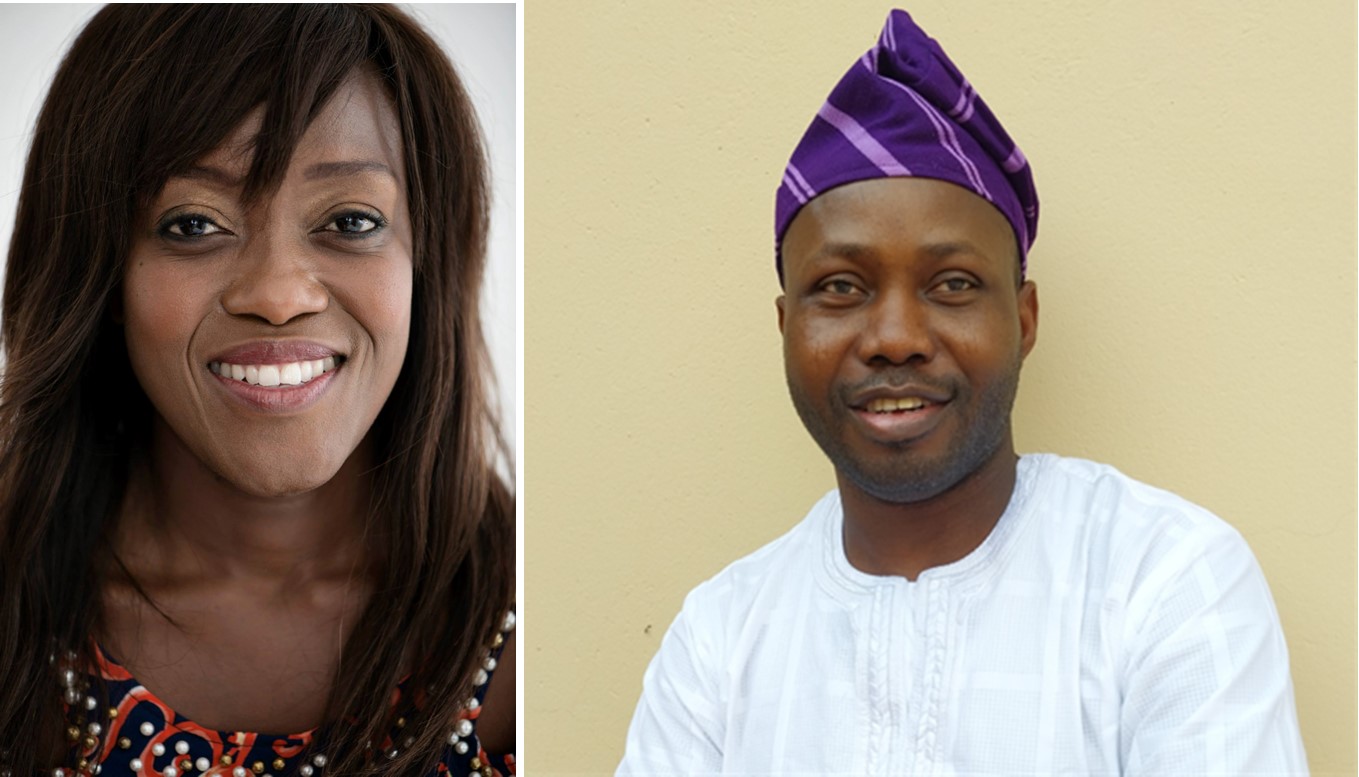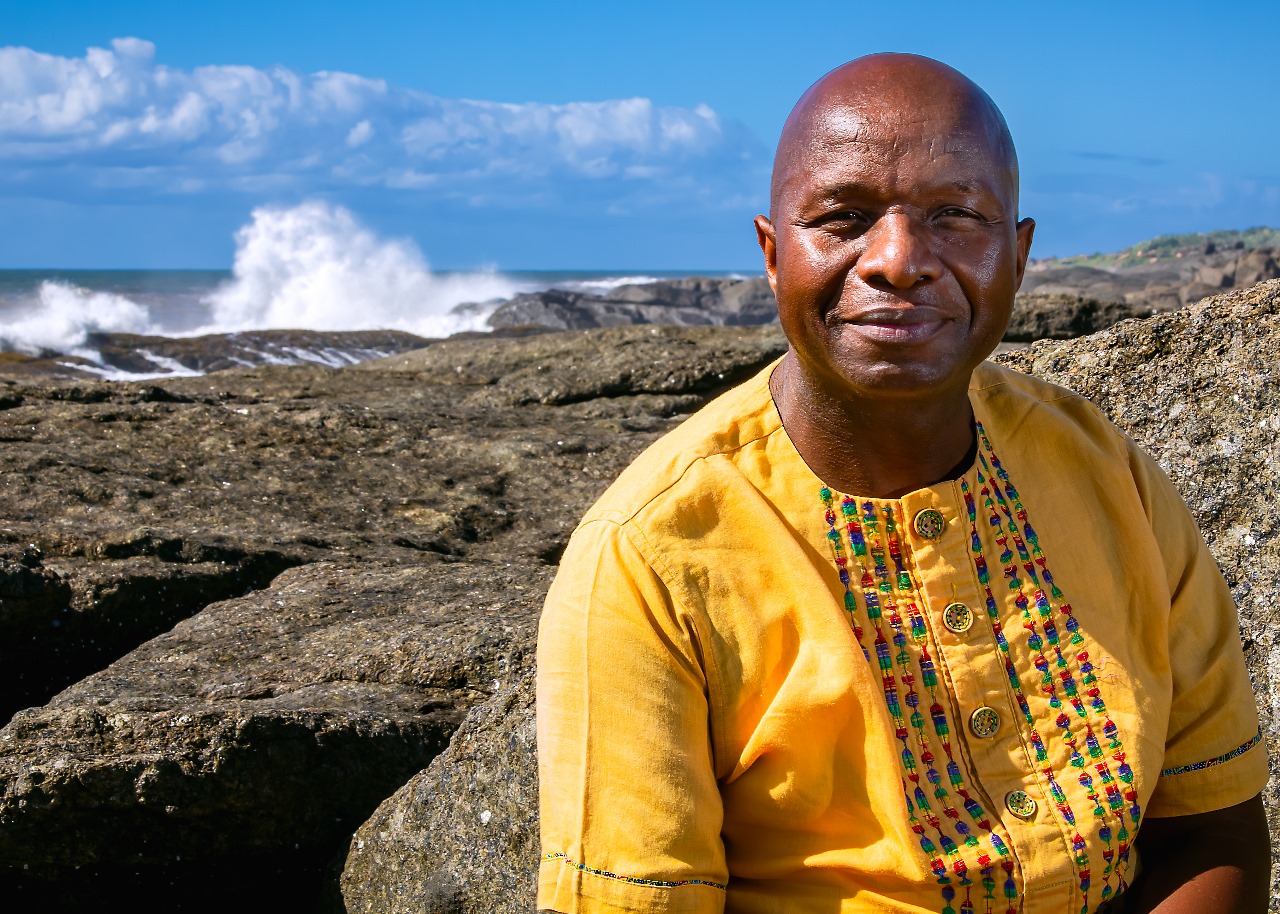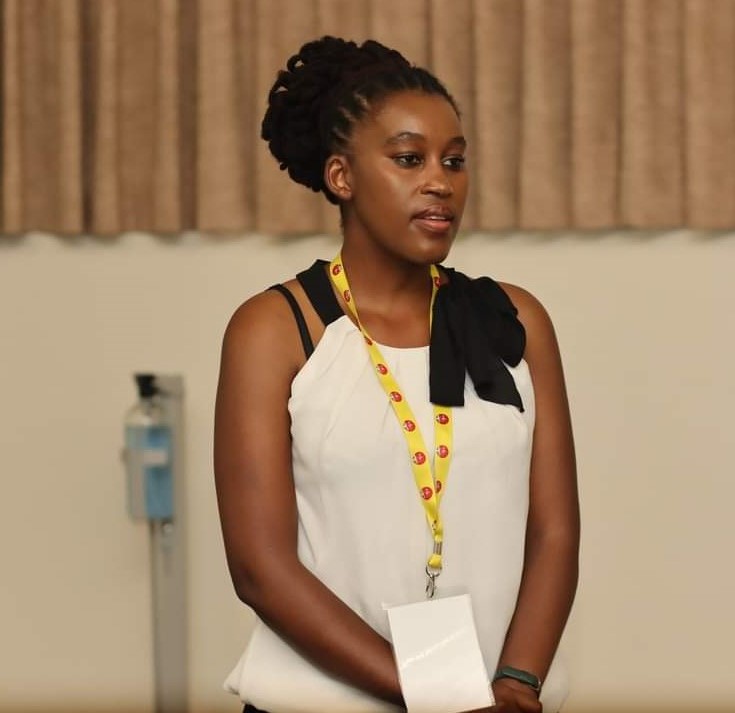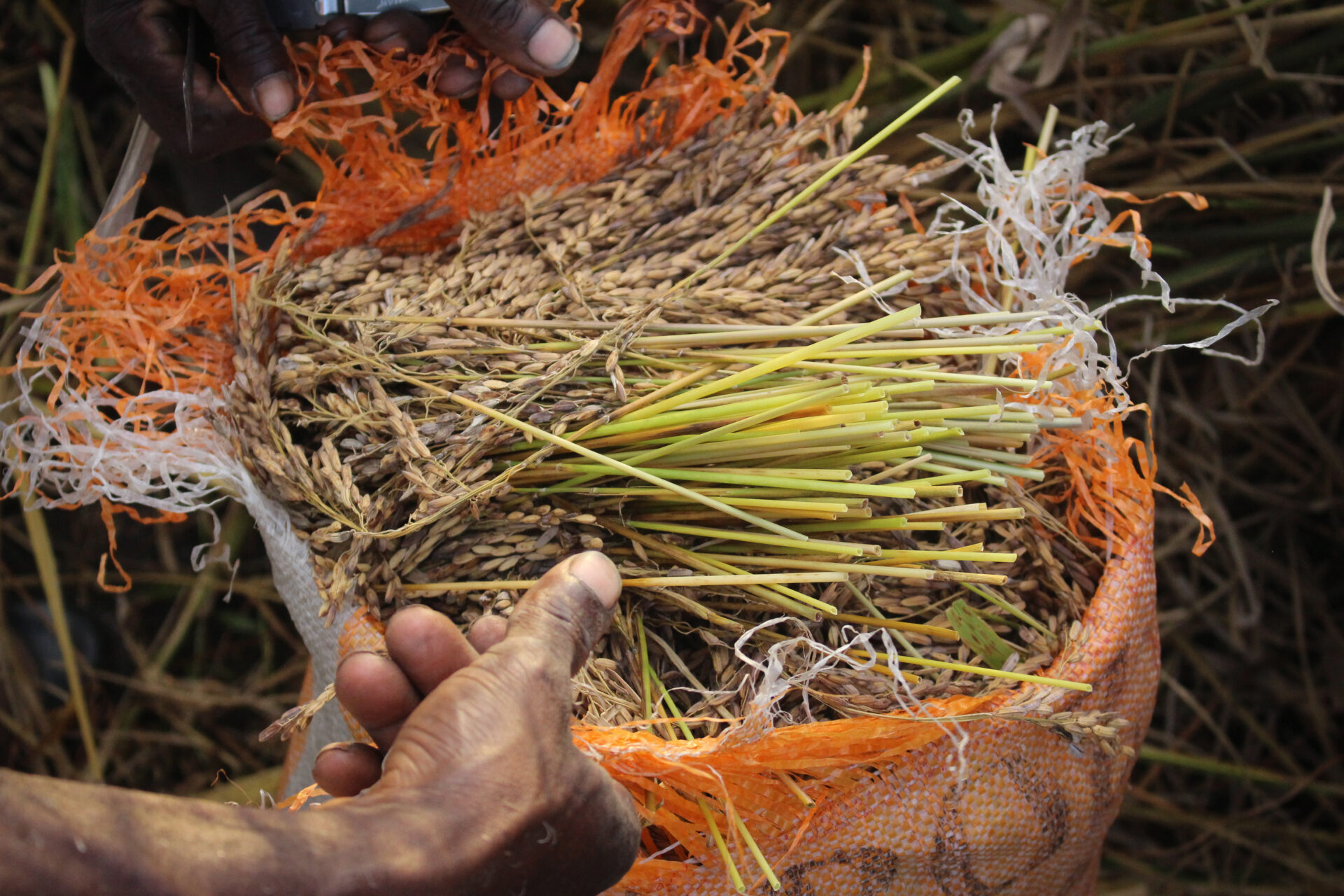Webinar calls for action to recognise Indigenous knowledge as complementary to modern science
South Africa (07 October 2024) – Indigenous knowledge is not a relic of the past; it is a living and breathing body. However, because it is handed down by word of mouth, it risks being lost.
The know-how, practices and understanding that traditional communities have for their land, its plants and animals offer practical solutions to many of the problems we face today.
From healthcare, to climate change and sustainable agriculture, indigenous knowledge systems have vast potential to improve our lot. Yet these systems remain poorly understood, its value insufficiently appreciated, and its wisdom neglected in mainstream education.
These were a few of the views that emerged at a recent Tipping Points webinar which gathered to consider how we might better preserve and profit from indigenous knowledge, including by harnessing it with science.
Panelists
Addressing the webinar, the 26th in a series hosted by Oppenheimer Generations Research and Conservation, were: Sinegugu Zukulu; a botanist, educator and Pondoland community activist, Prof Adeyemi Aremu, of the Centre for Indigenous Knowledge Systems at North-West University, and Dr Nqobile Masondo, a senior researcher at the Agricultural Research Council. The discussions were facilitated by Nokwanda Makunga, a professor of Biotechnology at Stellenbosch University.

Much needed engagement
The speakers said efforts to restore indigenous knowledge systems to their rightful place must begin with dialogue.
We need to acknowledge these systems were developed and maintained by people who have long interacted with the natural environment. The panellists agreed that what Indigenous communities know was not “inferior” to modern science, but complementary to it.
So, to safeguard and benefit from this wisdom, indigenous communities and the scientific world must come together to ensure the knowledge was documented, protected, and used in ways that benefit all, the webinar heard.
Zukulu, a former high school teacher and award-winning activist, stressed the “need for change, recognising that African indigenous schooling systems are also an education.” But Indigenous people were still being treated as “second citizens,” said Zukulu.

Age-old practices like fermenting maize and brewing beer were more than traditions — they embodied indigenous science. Yet, they were undervalued in mainstream education, which was why conversations around preserving and profiting from this wisdom have never been more urgent.
Zukulu said Indigenous science was often dismissed in mainstream education and research. Indigenous people, despite possessing profound knowledge, were looked down upon because they lacked formal education.
Foundation
He advocated recognising indigenous wisdom as a foundation for sustainable development.
Traditional practices, said Zukulu, offered insights into sustainable living that modern education often overlooked.
He also decried the exploitation of Indigenous communities, whose valuable knowledge was often taken and commercialised, while the communities, the true custodians of this knowledge, were left without recognition or financial benefit.
Masondo, an expert on the agro-processing of indigenous and other plants, expanded on the economic potential of indigenous knowledge, particularly in the field of medicinal plants.

Wealthy insights
With the global herbal medicine market valued at $ 216 billion last year and projected to reach $ 437 billion by 2030, the untapped potential in Africa, especially South Africa, was enormous.
“How can Africa, and South Africa as a whole, benefit from the indigenous knowledge passed down through generations – knowledge that has been proven, to some extent, to meet human needs? This knowledge could significantly contribute to the South African GDP,” Masondo said.
Indigenous plants like Pelargonium and aloes, used for their medicinal properties, were prime examples of this, said Masondo.

She spoke about the importance of cultivating medicinal plants and forging partnerships with local farmers to ensure the communities who were the source of the knowledge reaped the benefits of commercialisation.
Involving indigenous knowledge holders in the business process, from cultivation to marketing, would preserve their knowledge while providing them with financial benefits.
However, beyond the profits, a deeper conversation about preservation needs to be pursued.
Undervalued
Makunga, an expert in medicinal plants, said indigenous knowledge in South Africa fed both communities and science, but was “undervalued and poorly understood”.
Aremu, whose work explores the intersection of traditional knowledge and conservation, agreed and reminded the webinar that because indigenous knowledge was not systematically documented but orally transmitted, “it’s susceptible to being lost if not preserved”.
Despite this, indigenous communities still remain the custodians of vast knowledge about ecosystems, agriculture, and medicine.
Aremu felt “integration starts with conversations” and called for dialogue between indigenous and scientific communities.
To protect this resource, the speakers stressed the need for proper documentation, legislation, and community collaboration to tap into the knowledge that has been passed down from generations. – Roving Reporters

